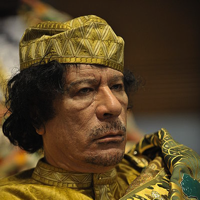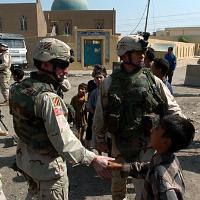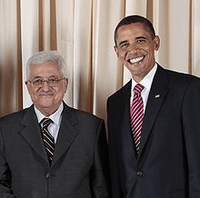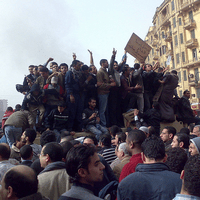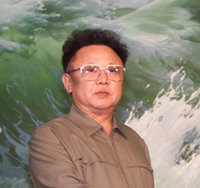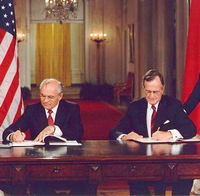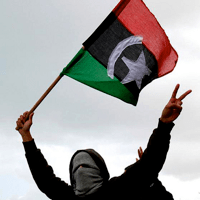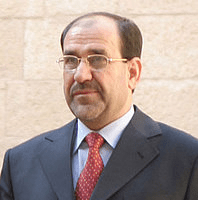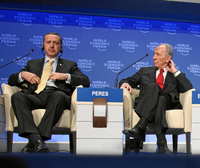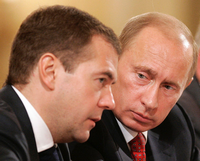
Russian President Dmitry Medvedev’s announcement last Saturday that he would not stand for re-election, instead nominating his predecessor and current prime minister, Vladimir Putin, to once again assume the office, came as a surprise to those of us who were expecting a continuation of the Medvedev-Putin tandem. At the same time, however, the somewhat trite and simplistic analysis being proferred by those who argue that Medvedev was nothing more than a seat-warmer for Putin until the latter could reclaim the presidency is not particularly helpful in understanding the direction Russian politics has taken — and will take. If Putin had […]

